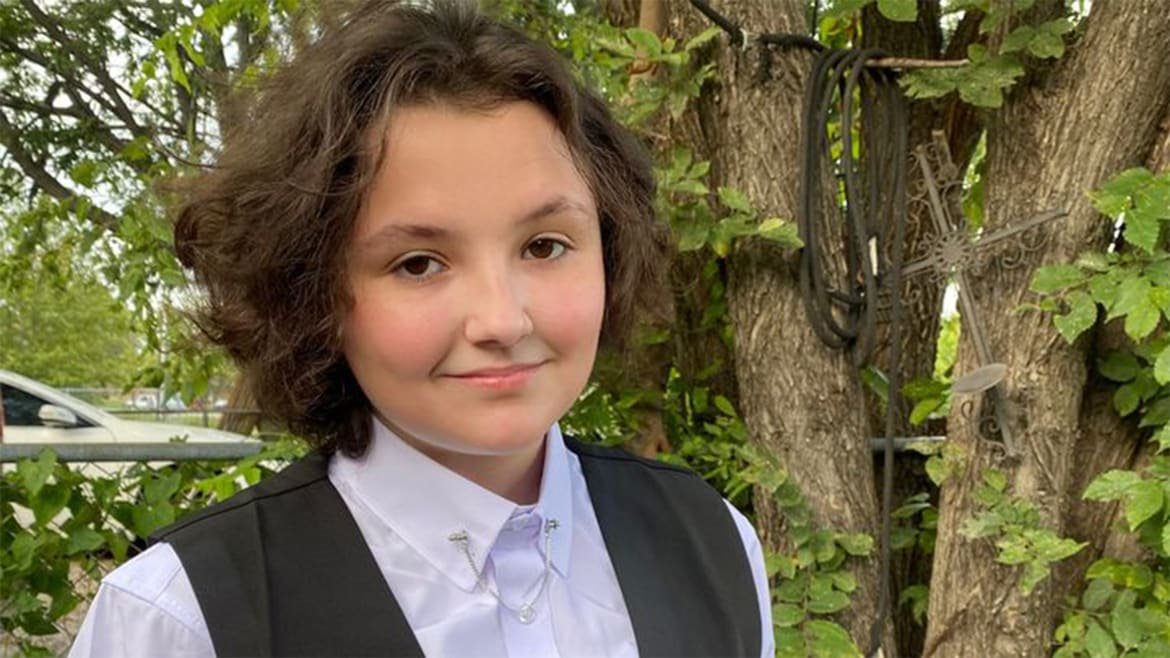The passing of 16-year-old Nex Benedict following an altercation at an Owasso, Oklahoma high school has garnered significant attention, particularly amid reports suggesting that Nex had endured prolonged bullying due to their gender identity, described by friends as “gender expansive.” But what exactly does “gender expansive” entail? According to PFLAG, a national LGBTQ+ advocacy group, it serves as an umbrella term encompassing individuals who do not adhere to conventional gender norms or who challenge societal perceptions of gender expression and identity.
Mackenzie Harte, PFLAG’s manager of learning and inclusion, explains that “gender expansive” may be employed to describe individuals whose identities transcend conventional societal constructs, reflecting a deviation from normative gender expectations. The term has gained traction, particularly among parents and educators, as a means of acknowledging and affirming the diverse experiences of young people navigating their gender identities.
The origins of “gender expansive” can be traced back to at least 2012 when the Human Rights Campaign utilized it in a report surveying LGBTQ+ youth across the United States. The term emerged as a means of providing a nuanced understanding of gender identity beyond rigid binary classifications, offering a more inclusive framework that respects individual autonomy and expression.
It’s important to note that “gender expansive” does not equate to being nonbinary, as clarified by PFLAG. Even cisgender individuals may embrace the term as a means of affirming their divergence from traditional gender norms. However, “gender non-conforming” remains the preferred term within the LGBTQ+ community, highlighting the importance of respecting individuals’ chosen terminology in discussions surrounding gender identity.
The tragic circumstances surrounding Nex Benedict’s passing have brought issues of gender identity and bullying to the forefront. Nex, known for their love of reading, art, and playing Minecraft, was injured during a school bathroom altercation and subsequently experienced medical complications. While the exact cause of Nex’s death remains undetermined, family members have indicated that Nex used they/them pronouns, suggesting ongoing exploration of their gender identity.
Nicole McAfee, Executive Director of Freedom Oklahoma, revealed that friends of Nex described them as gender expansive, using varying pronouns depending on the individual’s relationship with Nex. Despite uncertainties regarding the altercation’s direct connection to Nex’s gender identity, reports suggest that Nex had been subjected to bullying for an extended period due to their gender identity.
The tragic incident involving Nex underscores broader societal shifts in gender identity awareness and acceptance, particularly among young adults. A Pew Research Center survey revealed a significant increase in the number of young adults identifying as transgender or nonbinary, reflecting evolving attitudes towards gender identity and expression. This rise in awareness is attributed to factors such as increased media representation, expanded online discourse, and growing social acceptance of diverse gender identities.
As investigations into Nex Benedict’s passing continue, calls for accountability and support for LGBTQ+ youth persist. Family members have announced plans for an independent investigation and emphasized the importance of addressing bullying and fostering a safe and inclusive school environment. Amidst grief and mourning, they urge compassion and understanding, highlighting the need for respectful dialogue and advocacy for LGBTQ+ rights and recognition.
Sue Benedict, Nex’s mother, expressed gratitude for the outpouring of support and acknowledged her family’s learning curve in respecting Nex’s chosen name and identity. In a poignant plea for understanding, she implored others not to judge them as Nex had been judged, emphasizing the importance of honoring Nex’s memory and wishes.
In conclusion, the tragic passing of Nex Benedict serves as a stark reminder of the challenges faced by gender expansive individuals and the imperative of fostering inclusive and supportive environments for LGBTQ+ youth. Through continued advocacy, education, and dialogue, communities can strive towards greater understanding, acceptance, and respect for diverse gender identities.
